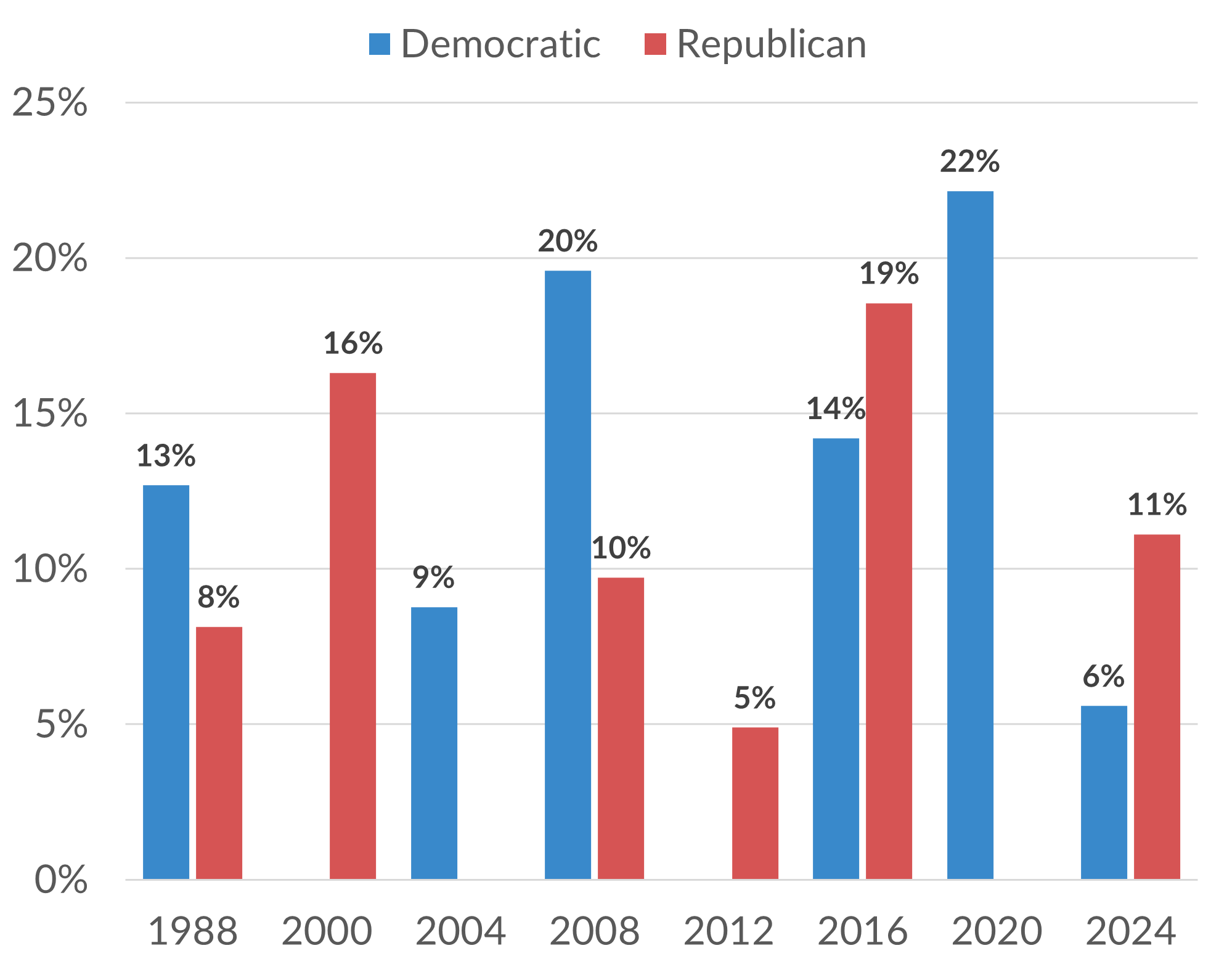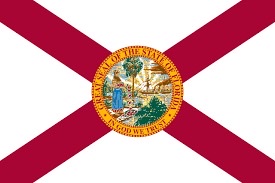In my English class, we read Justice William O. Douglas's famous dissent in Sierra Club v. Morton. A year after Stigler published his "capture theory" paper in 1971, the US Supreme Court ruled that a ski resort in the Mineral King Valley caused no substantive harm toward the Sierra Club members, affectively siding against nature.
Douglas primarily advocates for granting legal standing to inanimate natural objects. But he also questions whether regulatory agencies can be effective protectors of the environment. Douglas observes that government regulation is often "oriented toward the interests of industry it is designed to regulate," calling out the Forest Service for being "notorious for its alignment with lumber companies."
I believe Douglas pulled from Stigler in this dissent, which means Stigler's ideas indirectly impacted the US environmental movement.





